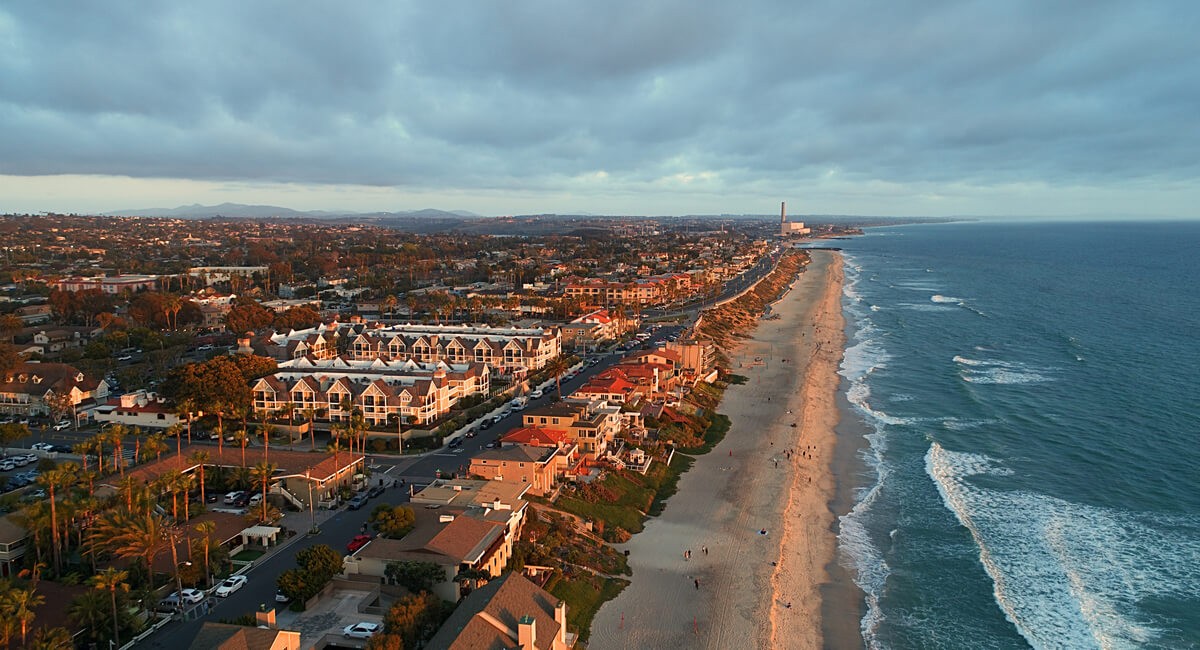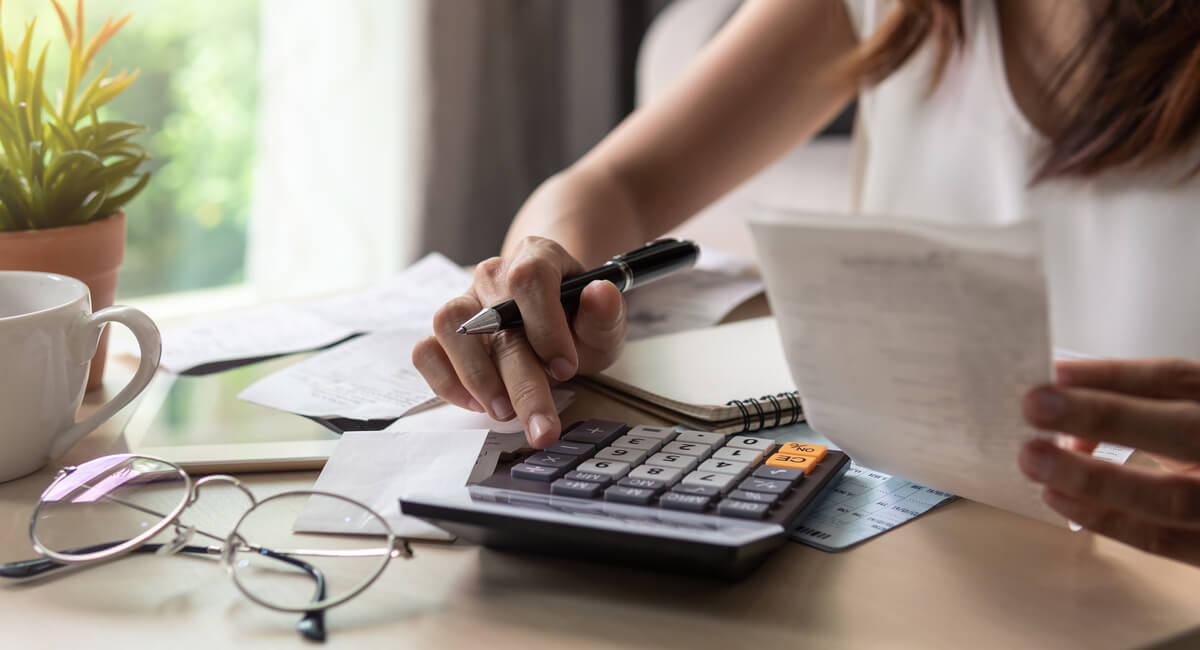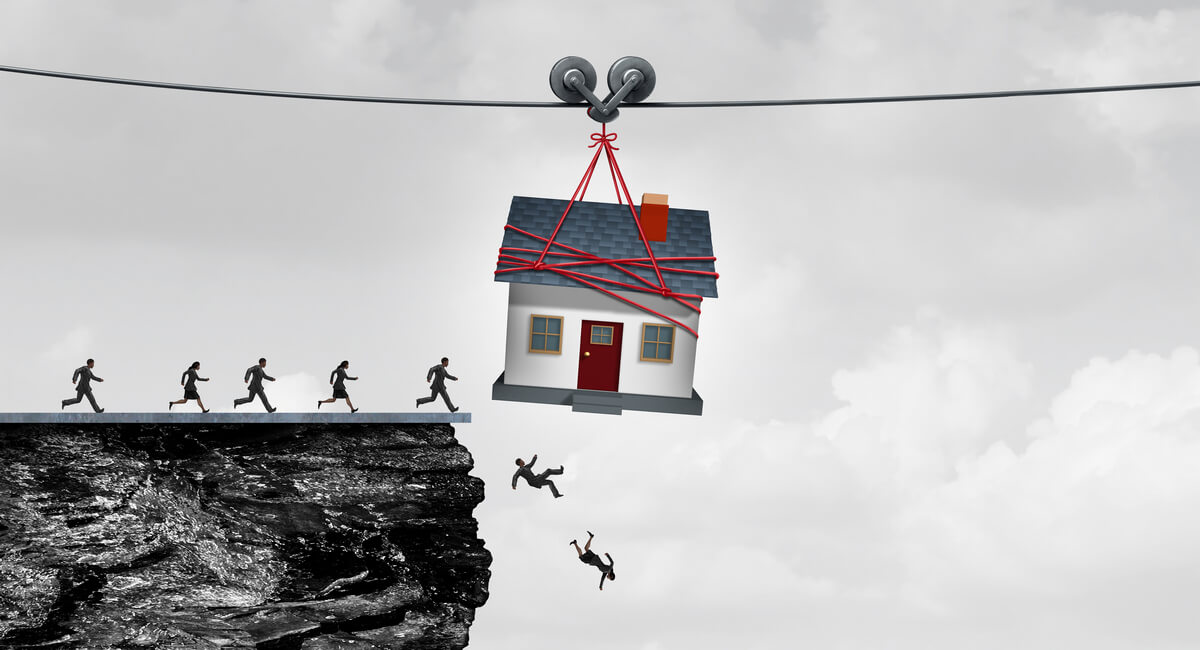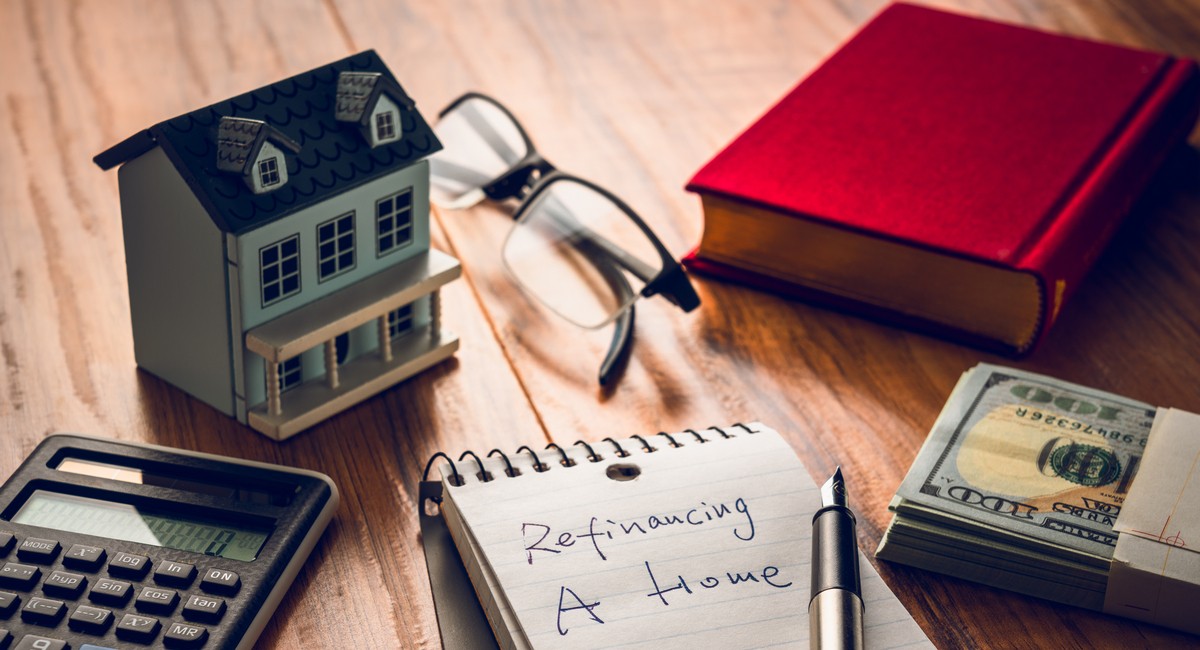Selling your house can be an exciting venture, especially if you’ve built a lot of equity in the property. Many sellers eagerly await their check on closing day with plans to use the proceeds for a new down payment or another major expense.
However, it’s also important to account for the hidden costs of selling a house. Without factoring these costs in, you may be disheartened to see that your proceeds are far less than you anticipated.
Although most sellers make a profit, there are several unexpected costs associated with home selling that can reduce your proceeds. Understanding these hidden expenses will help you have a smoother and more predictable selling experience.
Here are eight expenses you might incur throughout the home selling process:

1. Repairs
Most homeowners make some repairs to their property before putting it up for sale. Although you can be successful with an as-is sale in some markets, investing in a few repairs or upgrades can be worth it.
You can get a pre-listing inspection to reveal any major issues to your house that could affect its sale price. Home inspections generally cost around $300 to $500, but prices can vary depending on the size of your home, your location, and what you include in the inspection.

2. Staging
Professional home staging is an optional expense, but it can provide a return on investment. Some homeowners choose to hire a professional stager to get their house ready for the market, which can cost anywhere from $500 to $2,000 or even more.
A professional home stager will rearrange your furniture or replace it with rental furniture that suits the space better. They’ll also clean and declutter your home and add decor that makes the house appealing to the widest possible pool of buyers.
Many home stagers have contracts that require a minimum of 60 or 90 days of staging. Even if your home sells in a week, you have to pay for the full amount of time in the contract.
Staging your home by yourself can reduce your costs, but it usually isn’t free. You may have to pay to rent new furniture or buy new home decor, or you might need to rent a storage unit to keep most of your belongings until you move.

3. Professional Photography
Professional photos are another optional expense that can make a big difference in your home’s performance on the market. Most buyers start their home searches online, so pictures are the first thing they’ll see. High-quality photos will help you make the best impression.
Depending on your location, professional real estate photography may cost between $200 and $400. You might also decide to pay extra for additional features, like drone photos or a video tour.

4. Landscaping
Curb appeal matters in real estate. When prospective buyers visit your home, they’ll notice the landscaping immediately. If your landscaping is already in good shape or you enjoy working on your yard yourself, you may not need to hire a professional landscaper to prepare your house for the market.
However, if the lawn has seen better days, you may decide to invest in professional landscaping. Smaller projects may run you a few hundred dollars, but a full landscaping job can cost $3,000 or more.

5. Agent Commission
The agent commission fee will probably be the largest single expense you pay when selling your home. Most agents charge between 2.5% and 3% of the home’s sale price. Sellers usually pay both the listing and buying agents’ commission, so in total, you should expect to pay 5% to 6% of your home’s price in commission fees.
You might be able to negotiate with your agent to reduce the commission percentage. Some agents are willing to go as low as 1% to 1.5% for their half of the commission. However, you should always remember the value that your agent is offering you. If reducing the commission means getting fewer services from your agent, the cost savings may not be worth it.

6. Taxes
There are several types of taxes that can be involved in selling a home. Most states charge a transfer tax, which is a one-time fee paid by the buyer, seller, or both during a transfer of property.
Transfer taxes vary significantly by state. In some states, the tax is as low as 0.1% of the sale price. Other states have a transfer tax rate of 1.5% to 2%.
Capital gains tax is another unexpected expense for sellers, but not all sales are subject to capital gains taxes. If you’ve owned and lived in your house for at least two of the past five years, you don’t have to pay capital gains taxes on the first $250,000 of profit. If you’re married, the exemption increases to $500,000.

7. Closing Costs
Buyers usually pay the majority of the closing costs, but sellers can incur closing costs as well. For example, in many areas, it’s customary for sellers to cover the cost of the buyer’s title insurance policy.
You’ll also have to pay property taxes and HOA fees up to the date of your closing. If you’ve paid these bills in advance, you won’t face any additional expenses and could even be credited for the amount you paid past the closing date.
Other closing costs and concessions can be negotiated with the buyer. For instance, the buyer may request that you pay for some of their closing costs or that you make a repair before closing.

8. Moving Expenses
Once you sell your house, you have to relocate to your new home. Professional movers charge around $2,000 for a local move and $5,000 or more for a long-distance move.
Even if you move by yourself without professional movers, the process can be surprisingly costly. Moving vans can cost a few hundred dollars for a local move or several thousand dollars for a long-distance move. You also have to pay for moving supplies, which can add up.
Preparing for the Costs of Selling Your Home
All of the costs associated with selling a house can eat away at your profits, so it’s important to do the math before you put your home on the market. Add up the cost of home repairs, taxes, and your agent’s fees and subtract the total from your expected profits.
This is especially critical if you’re planning to use your proceeds on a down payment on a new home. If your profits from your sale are far less than you were expecting, you’ll be in trouble when it’s time to close on the new property.
There can be dozens of costs and fees involved in selling a house, and preparing for these expenses will make your home selling experience much smoother. If you’re unsure of the average costs of selling a home in your area, connect with a local real estate agent who knows your state’s laws.



